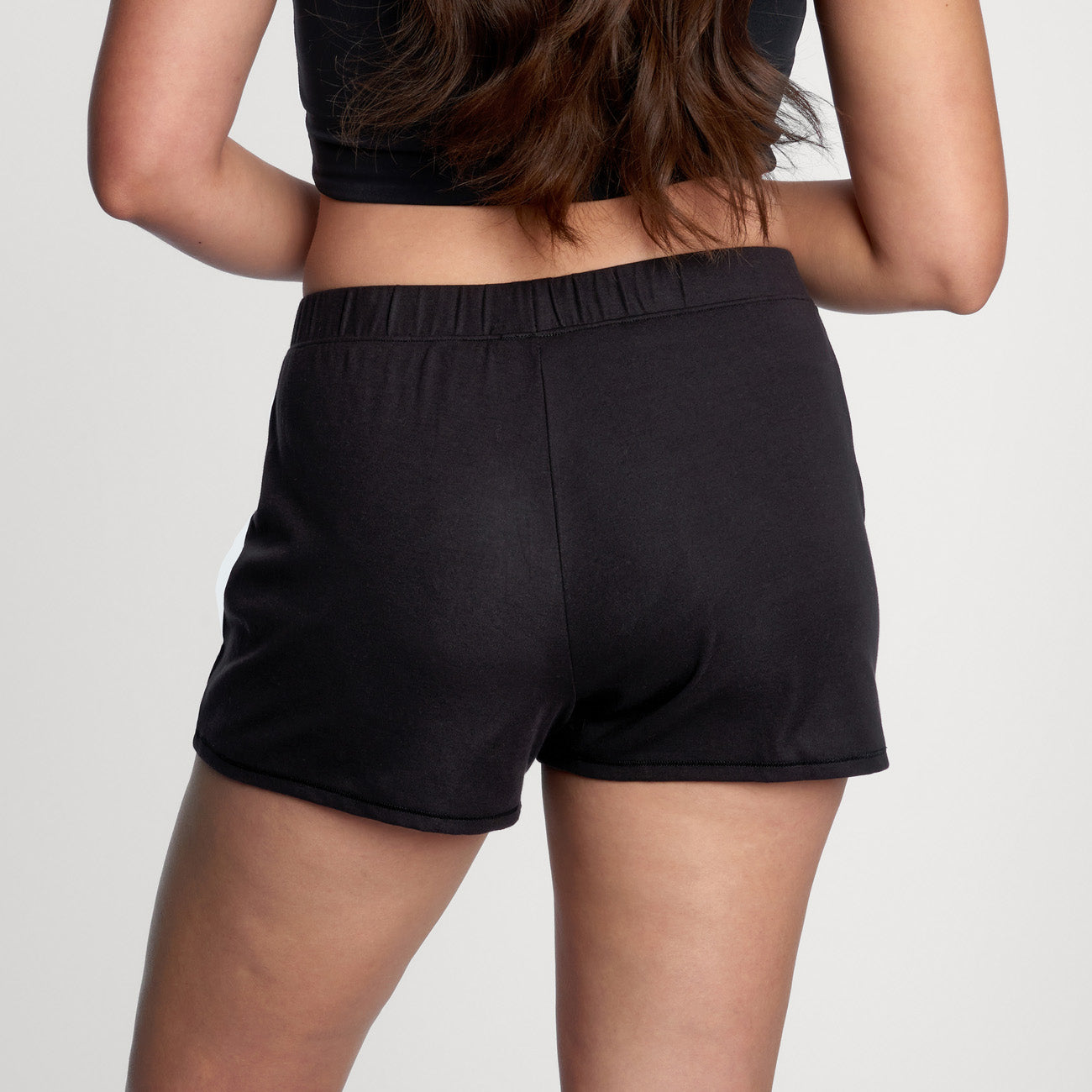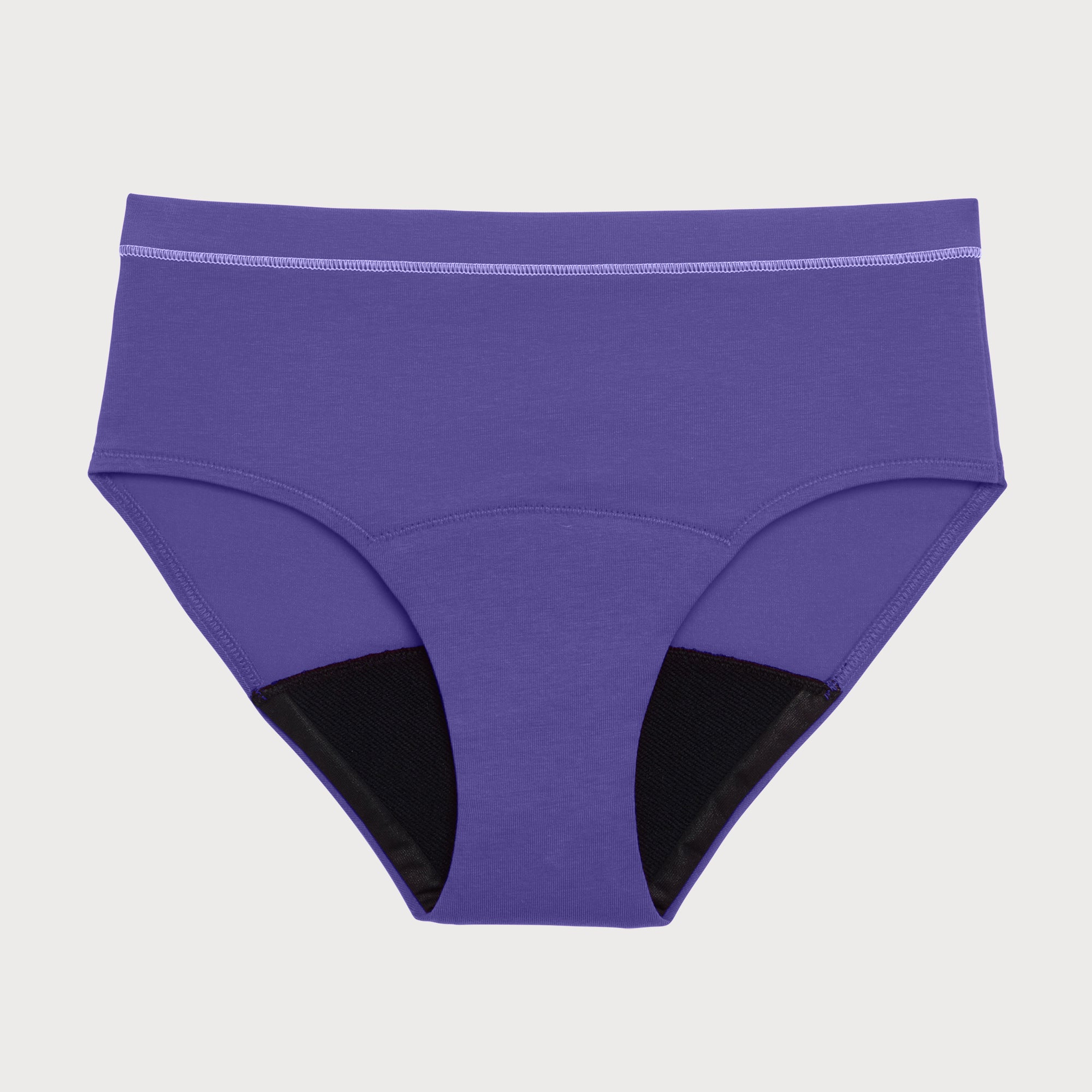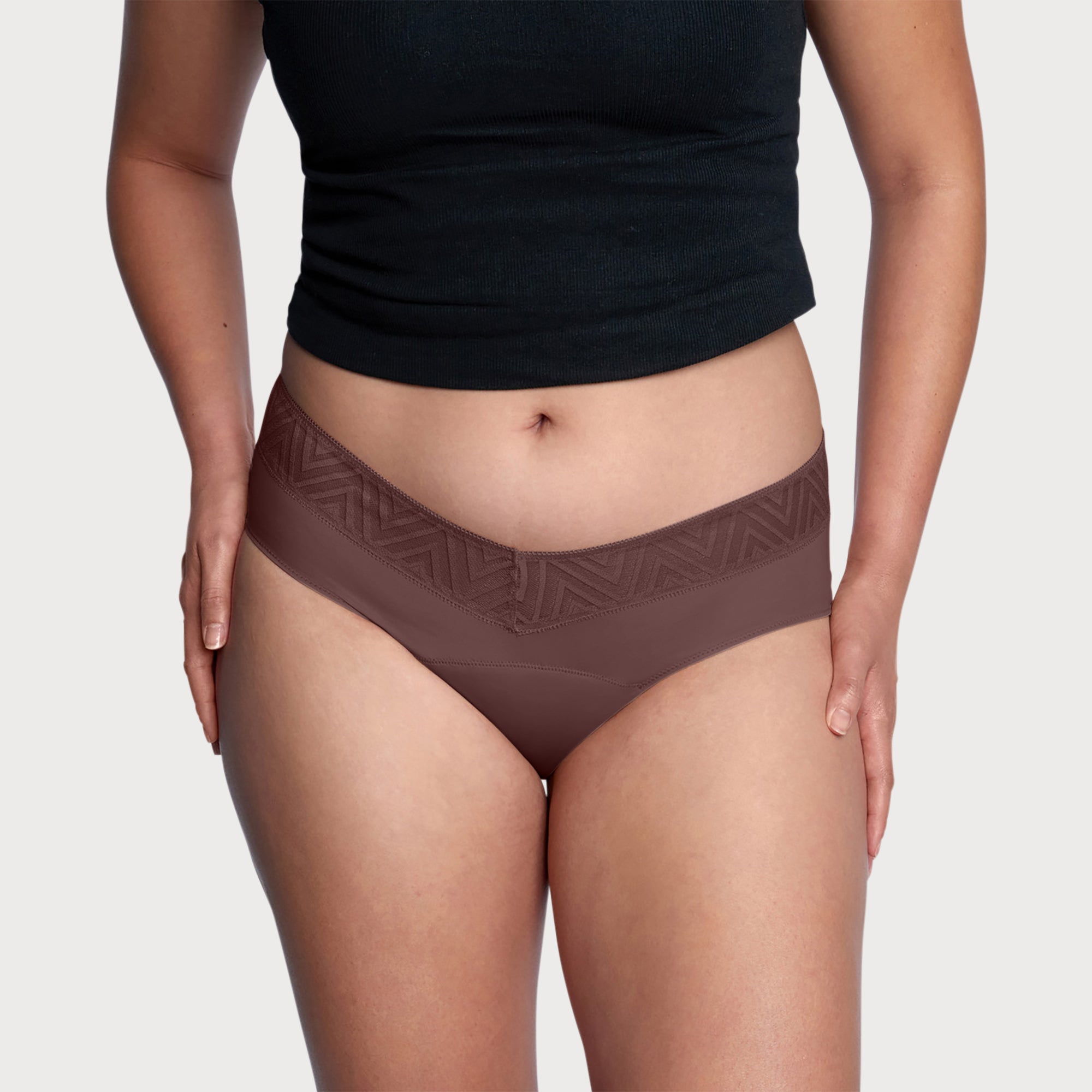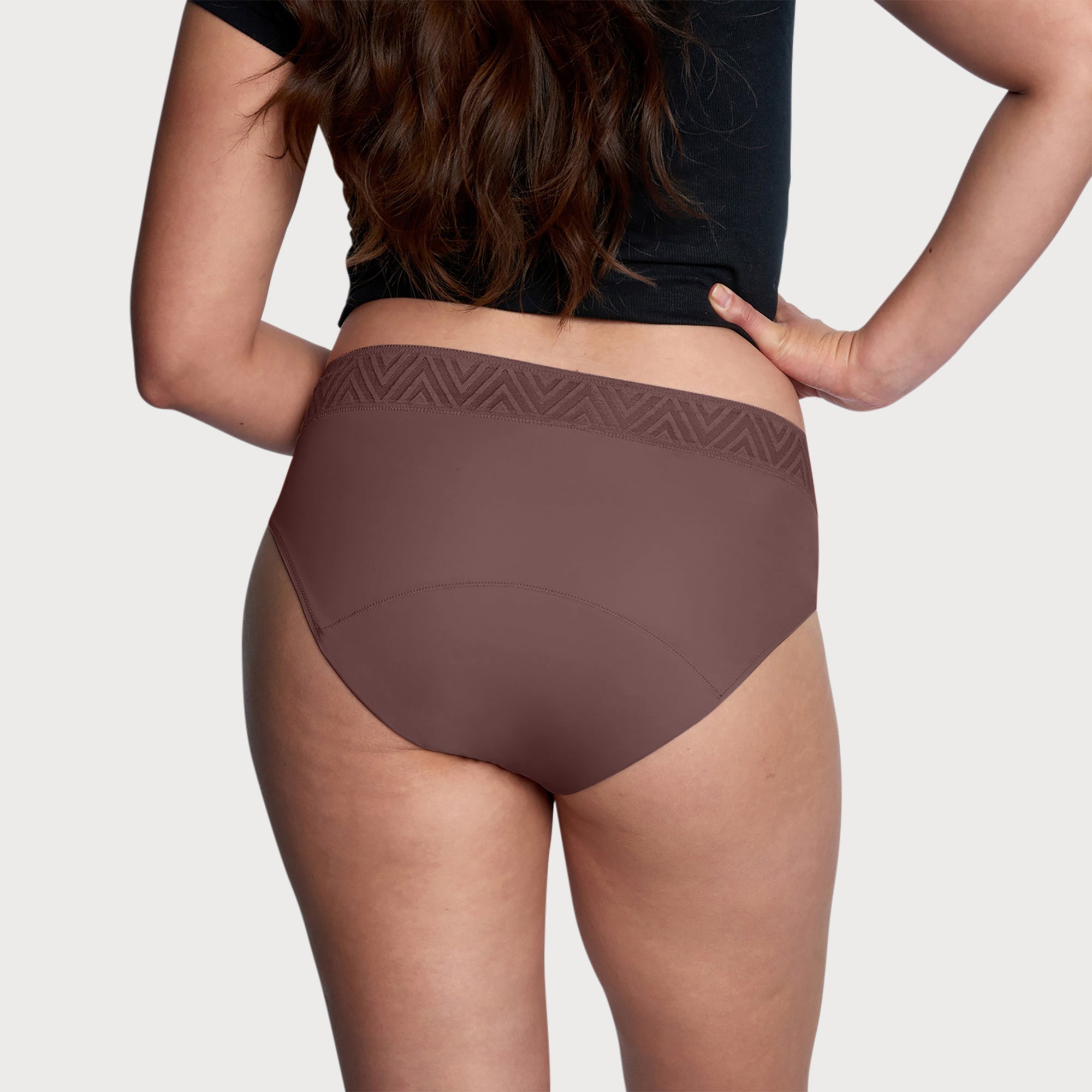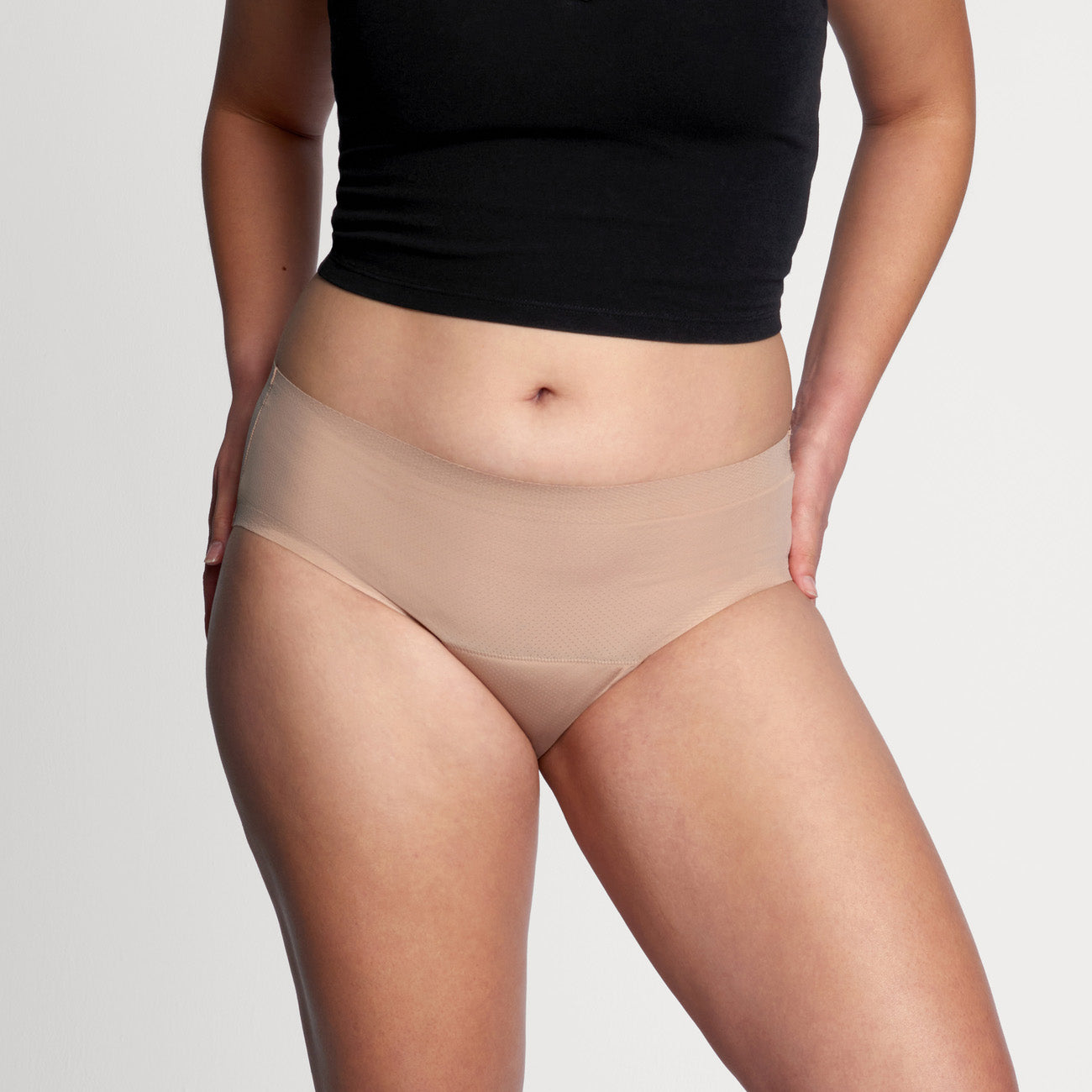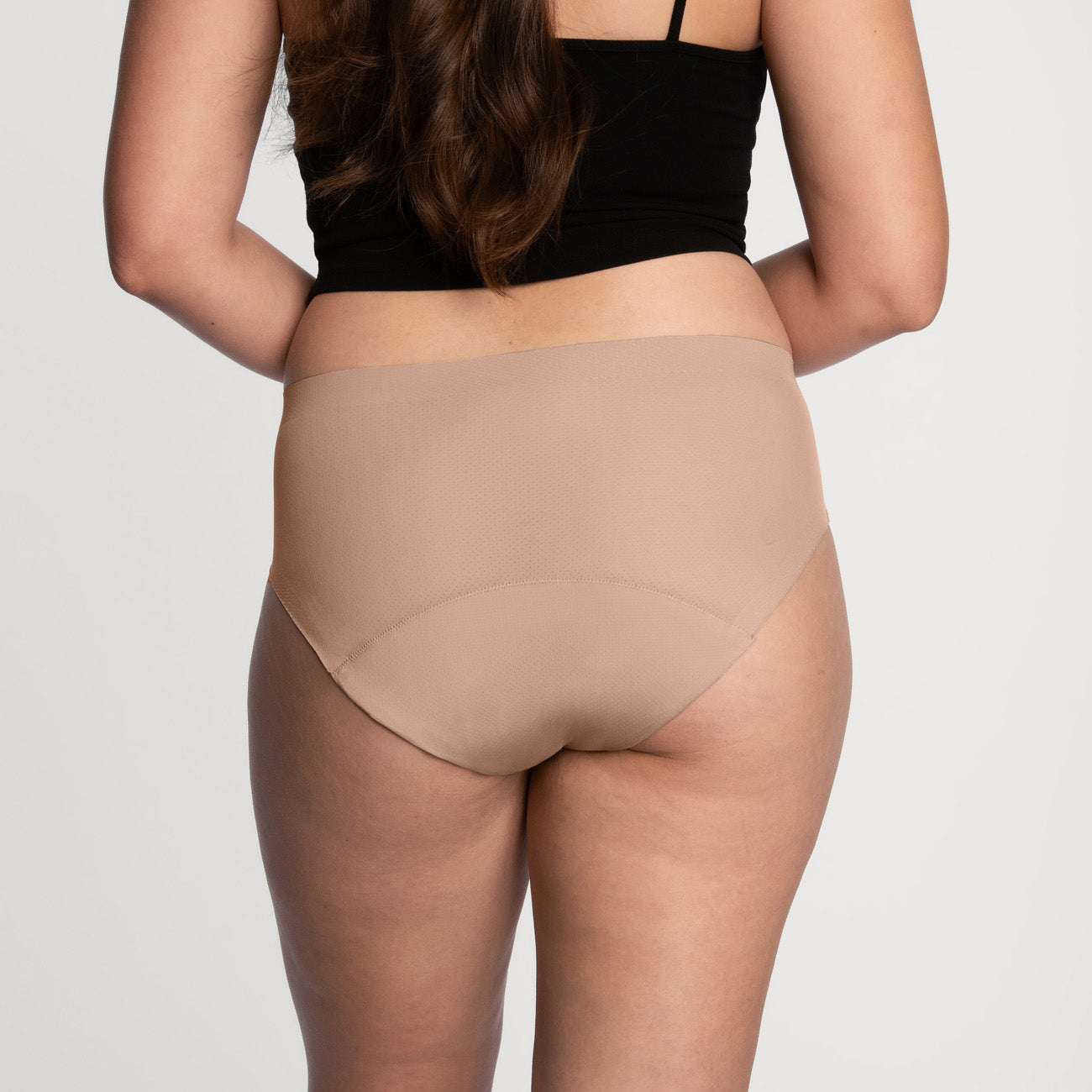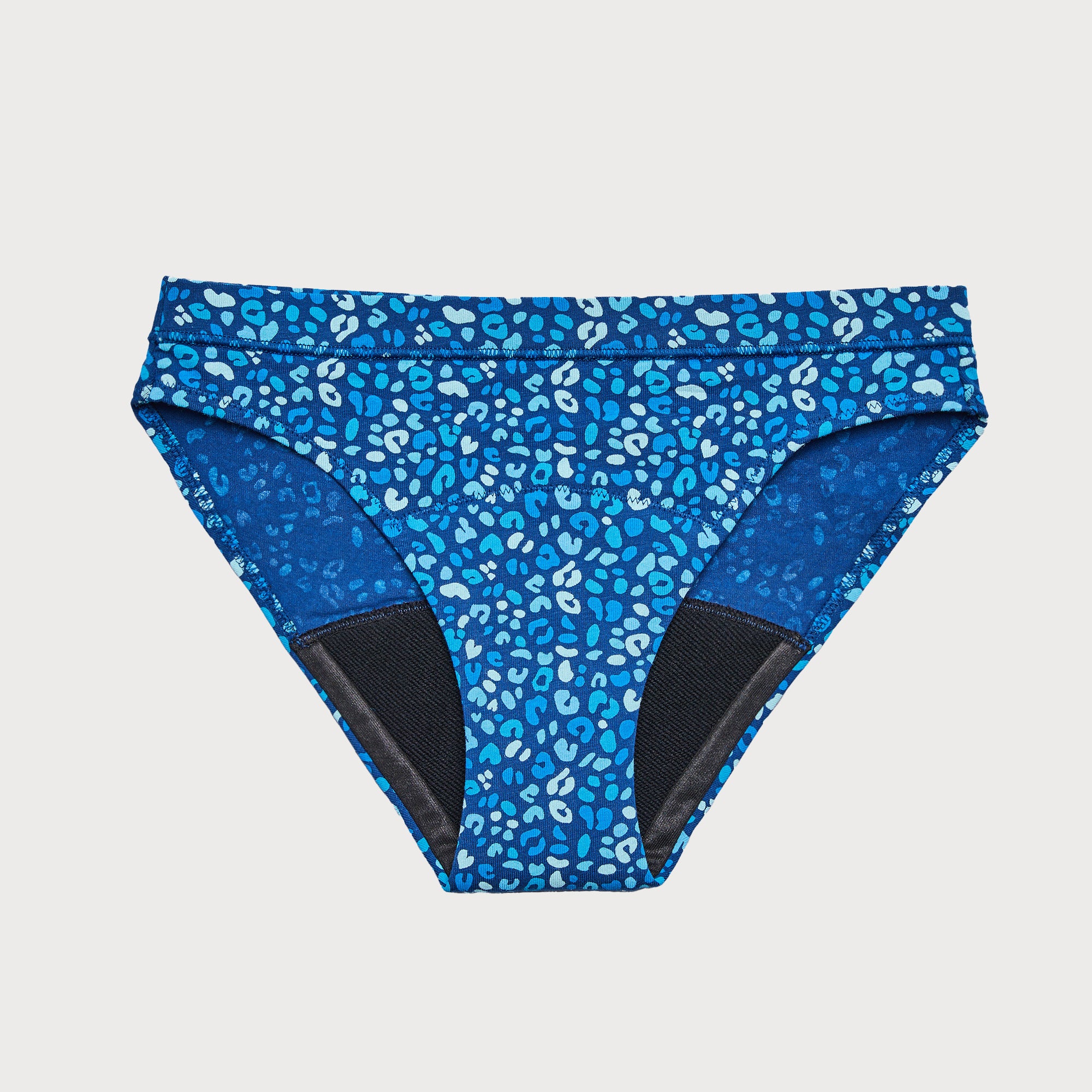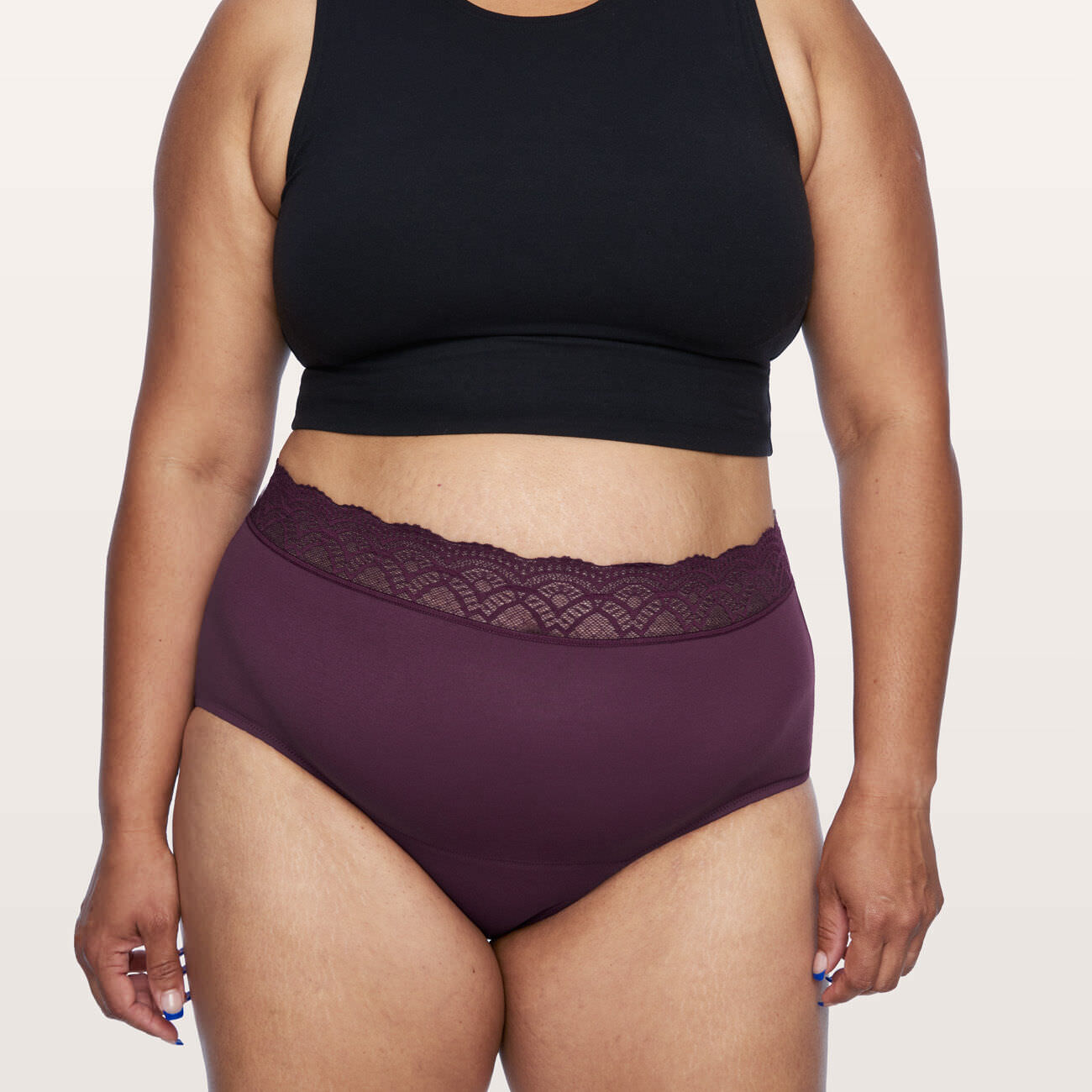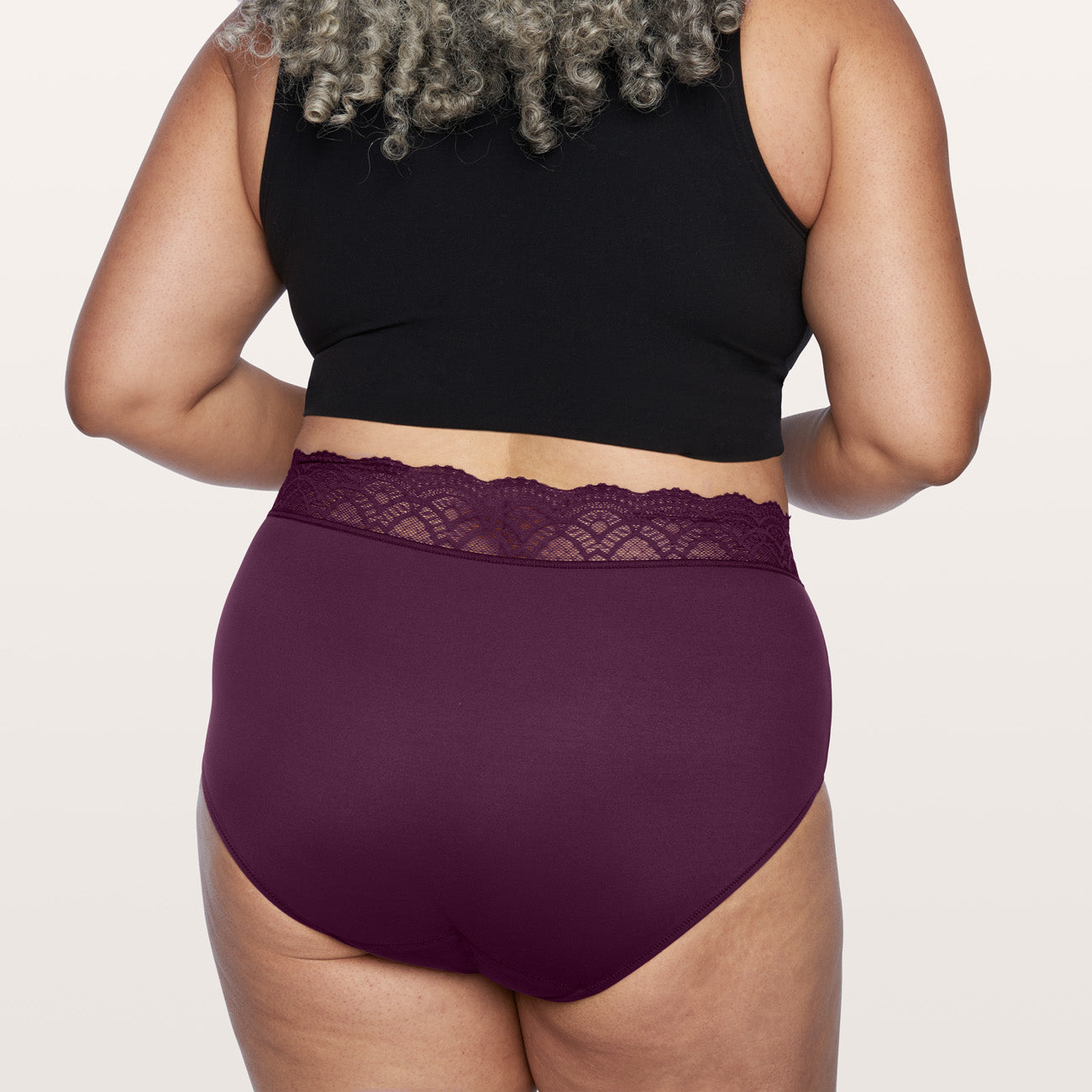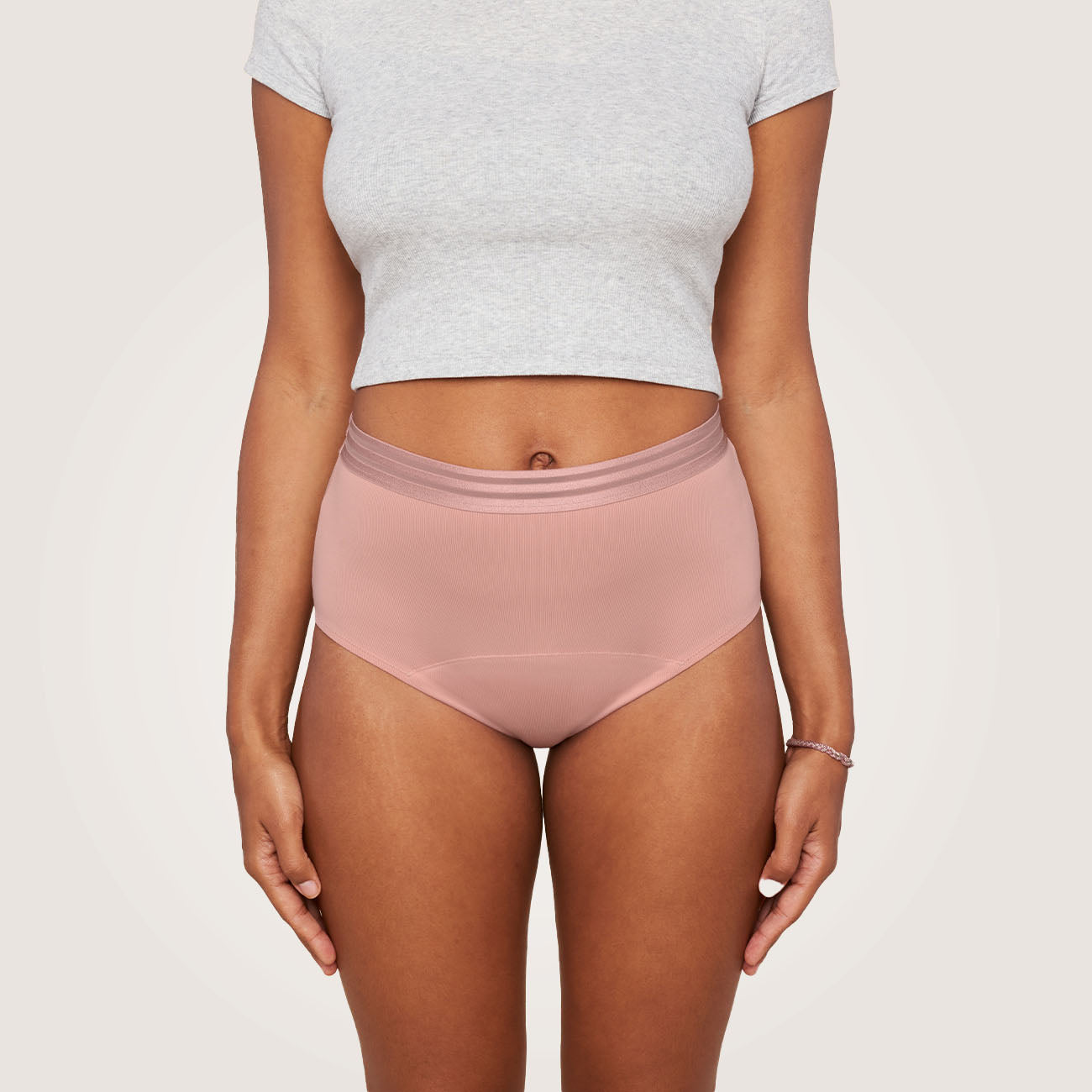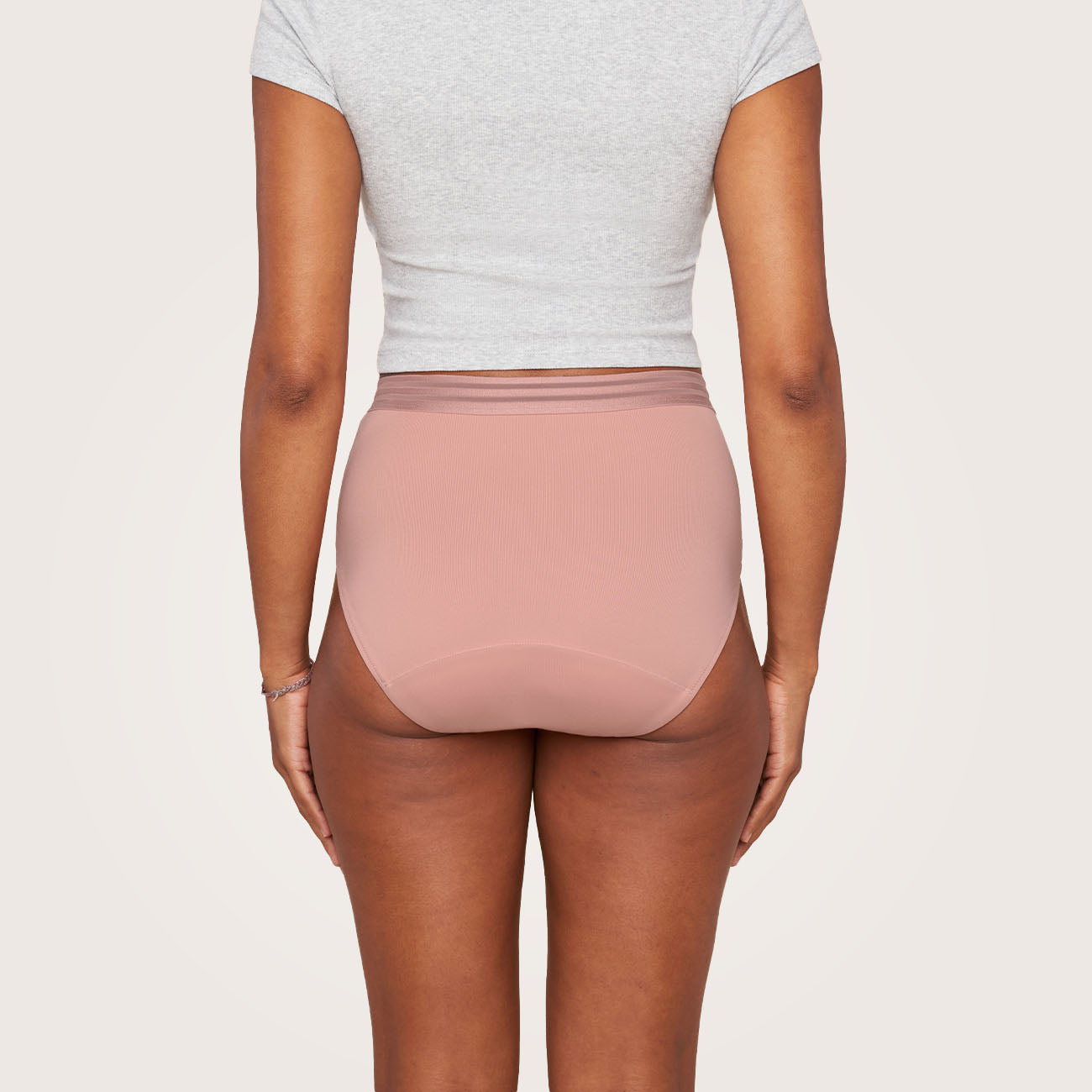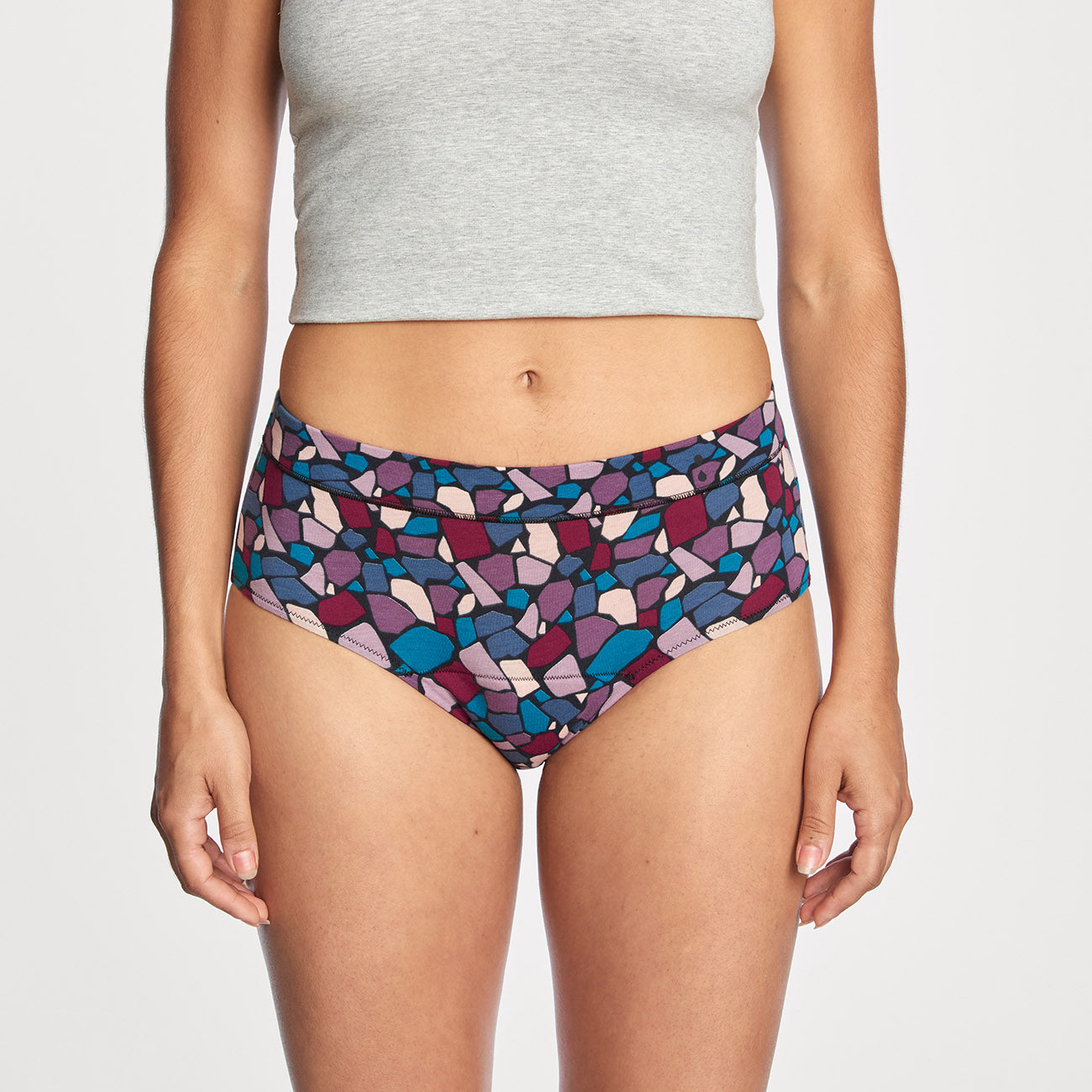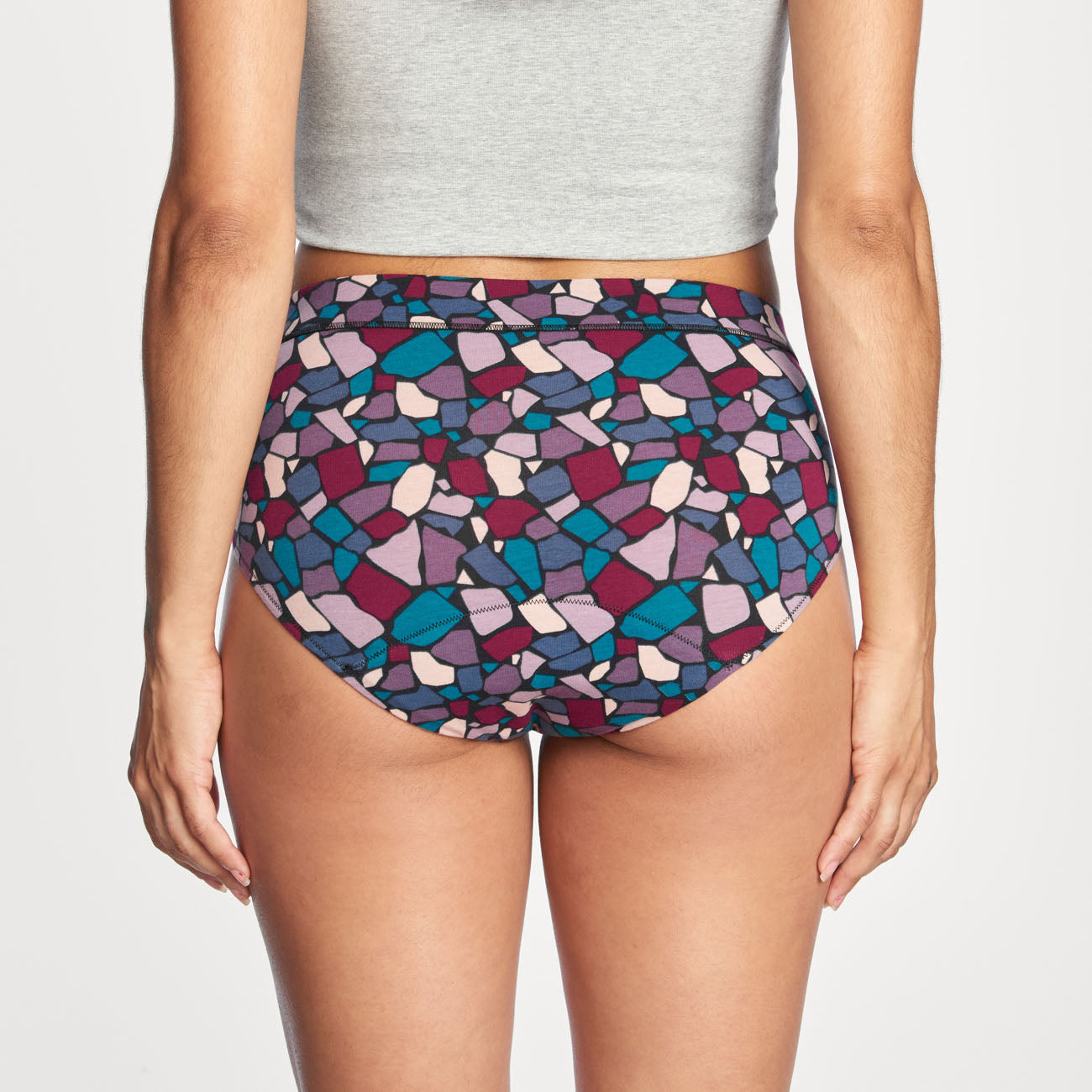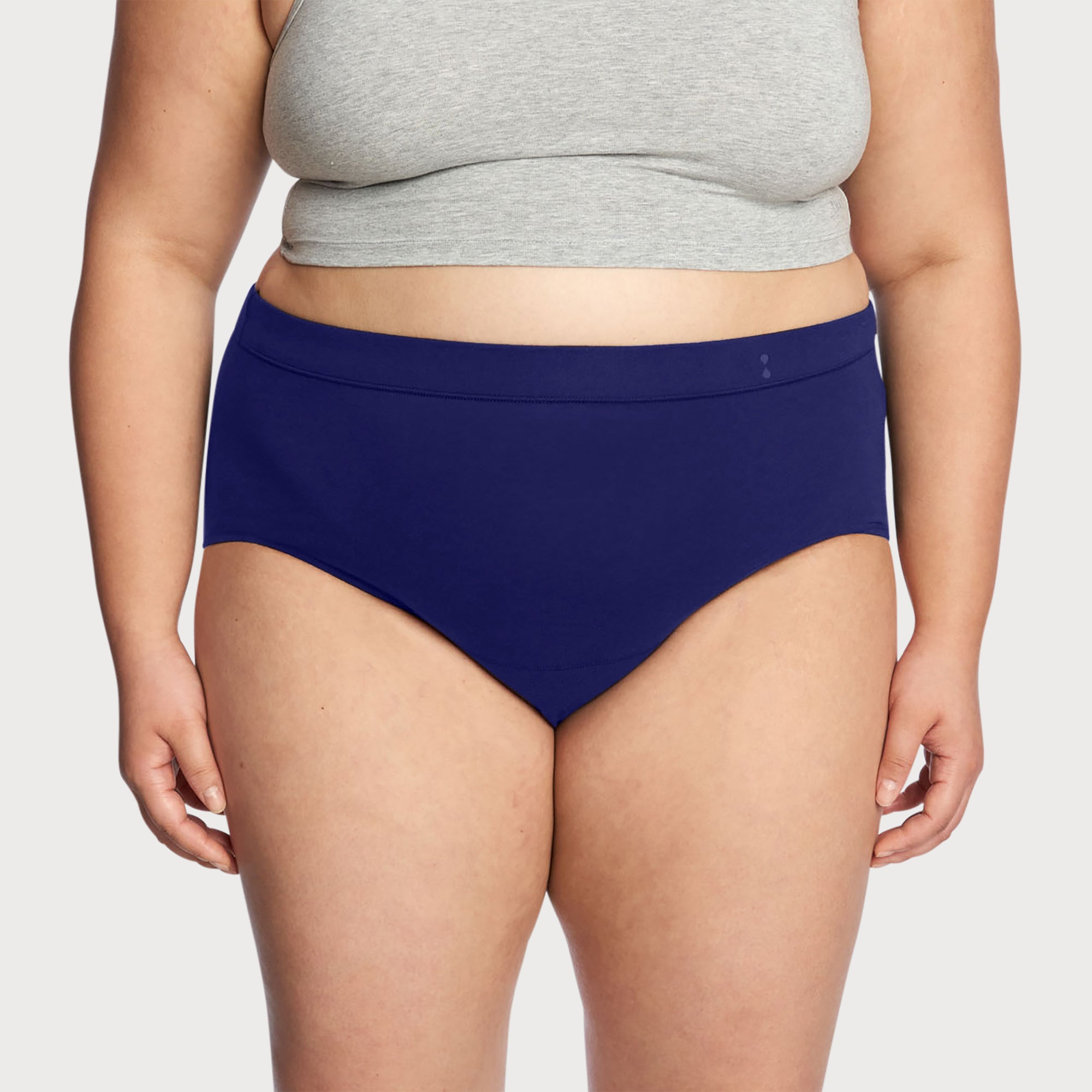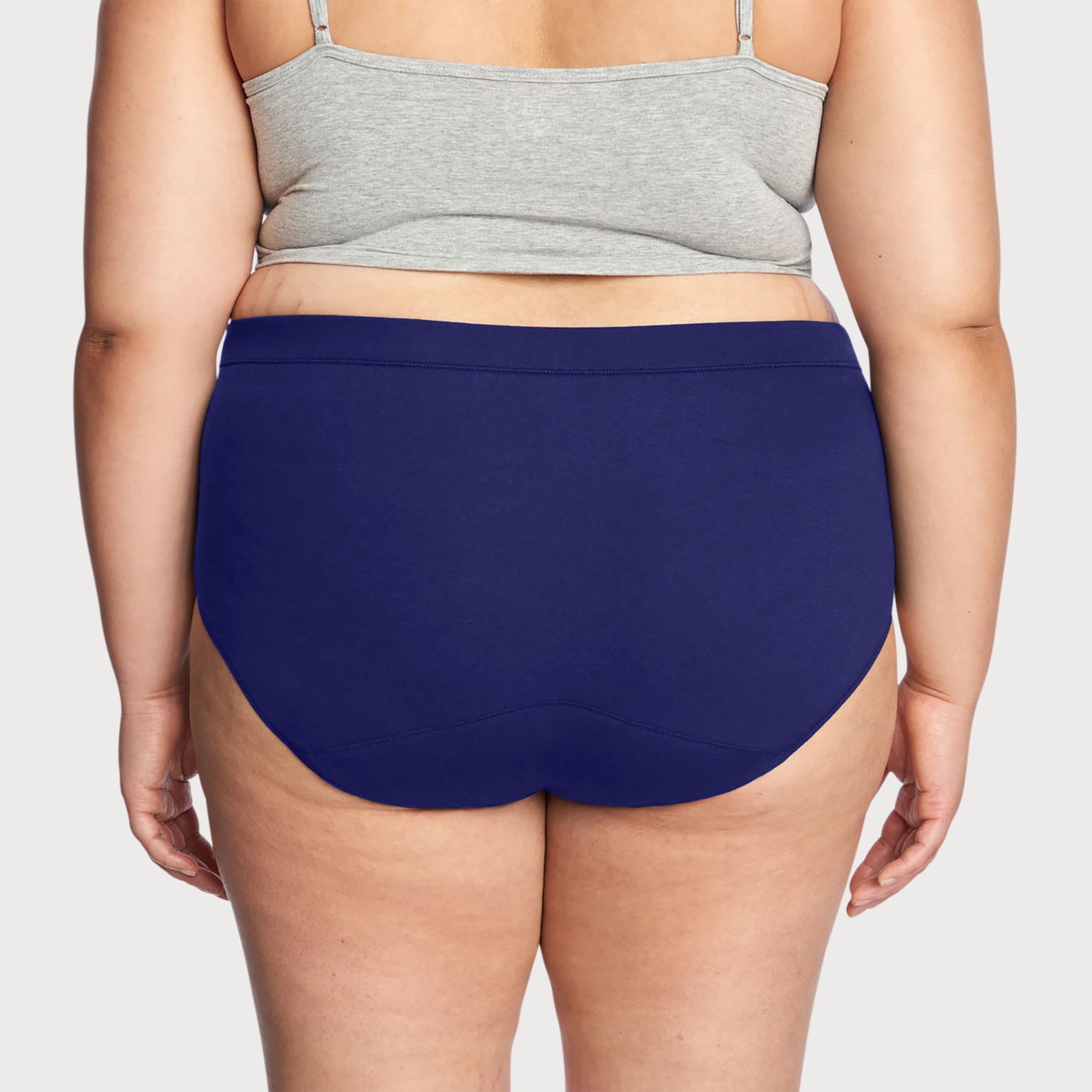What Causes Stretch Marks?
- Share this article Copy to clipboard

PSA: Everybody gets stretch marks. Okay, maybe not everybody, but a whole lot of people: According to one study, approximately 90% of pregnant women, 70% of adolescent females, and 40% of adolescent males of all races experience stretch marks.
But for something many of us wear across our bodies, you hardly see them in the media we consume (although that is changing), and there’s not too much info out there that doesn’t center on getting rid of them. So let’s get into it:
what are stretch marks?
Stretch marks, or striae distensae, are the result of—guess what?—your skin stretching. When your skin is stretched past the limits of its elasticity, stretch marks form in the dermis layer of your skin (quick anatomy refresher: the outer layer is the epidermis). This layer's stretching and tearing allows for the stripes to show through on the surface layer. When your skin attempts to heal itself, what remains is stretch marks.
This should not cause pain, but the site of early stretch marks can sometimes be itchy or sore around the time they appear. (Try not to itch and scratch as best you can to avoid damaging your skin, and grab some cocoa butter or shea butter instead.) If the stretch marks are extensive and develop across a large area, you might want to ask your doctor about them — there could be another underlying cause.
No two stretch marks are the same — like snowflakes! Indented streaks typically occur on abdomens, hips, and thighs, but can appear pretty much anywhere one has skin. I even used to have a couple of stripes on the inside of my right knee that appeared and disappeared during the years I was going through puberty.
why do people get stretch marks?
We often associate stretch marks with growth spurts during puberty or pregnancy, but there are so many other factors that contribute to stretch mark formation, including genetics (thanks, mom!), rapid weight gain or weight loss, muscle gain, and according to MayoClinic, “being female.” There also isn’t a conclusive way to prevent stretch marks.
So, while you might not have as much control over your stretch marks as you do over your height or shoe size, what you may be able to control is your perception of your own body — no matter what society says!
embracing your tiger stripes
If you Google stretch marks, one of the first links is a shopping recommendation for a stretch mark cream that retails at nearly $2,500. The next few pages are filled with articles about the best new topical treatment ridding your body of stretch marks; not all of them involve hawking products, but quite a few do. Nothing inherently wrong with this, but it’s worth considering the huge market surrounding “fixing” a very normal aspect of many people’s bodies.
Here’s the thing: I’m not here to tell anyone how to feel either, and the size of my skincare shelf would prove it to you, but this is just a quick reminder that *imperfections* are relative, and stretch marks do not have to be considered as such. Our bodies do a lot of kinda weird things that we’re used to (you know, like bleeding for 5-7 days), and especially if new stretch marks are causing your self esteem to take a hit, it could be worth reframing how you perceive your stripes.
can stretch marks go away?
Stretch marks often fade over time, but not always or entirely. If they don’t go away on their own, stretch marks are usually brighter in color when they form (this is when you’ll see pinks or reds or purples), and then fade out to a subtler shade closer to your skin tone. But like we’ve said, stretch marks are a totally normal part of having a body and skin — nothing to be ashamed of. But if you decide you’d rather minimize their appearance, there are a few options.
There are a number of home remedies that involve using topical treatments, or medical treatments like laser therapy and microdermabrasion (a nonsurgical, minimally invasive cosmetic procedure that should always be performed by a skincare professional). A chemical peel known for deep exfoliation and promoting collagen production, is another common treatment option that may help reduce the appearance of stretch marks. You should chat with your doctor before starting any skin treatment — they’ll help you identify what’s safe and also what could be the most effective.
Many people with stretch marks have complicated feelings about them — if you have tiger stripes, how do they make you feel? Has that changed over time? Share your comments with us below.
Toni Brannagan is a writer and was the former Copy and Content Manager at Thinx.




